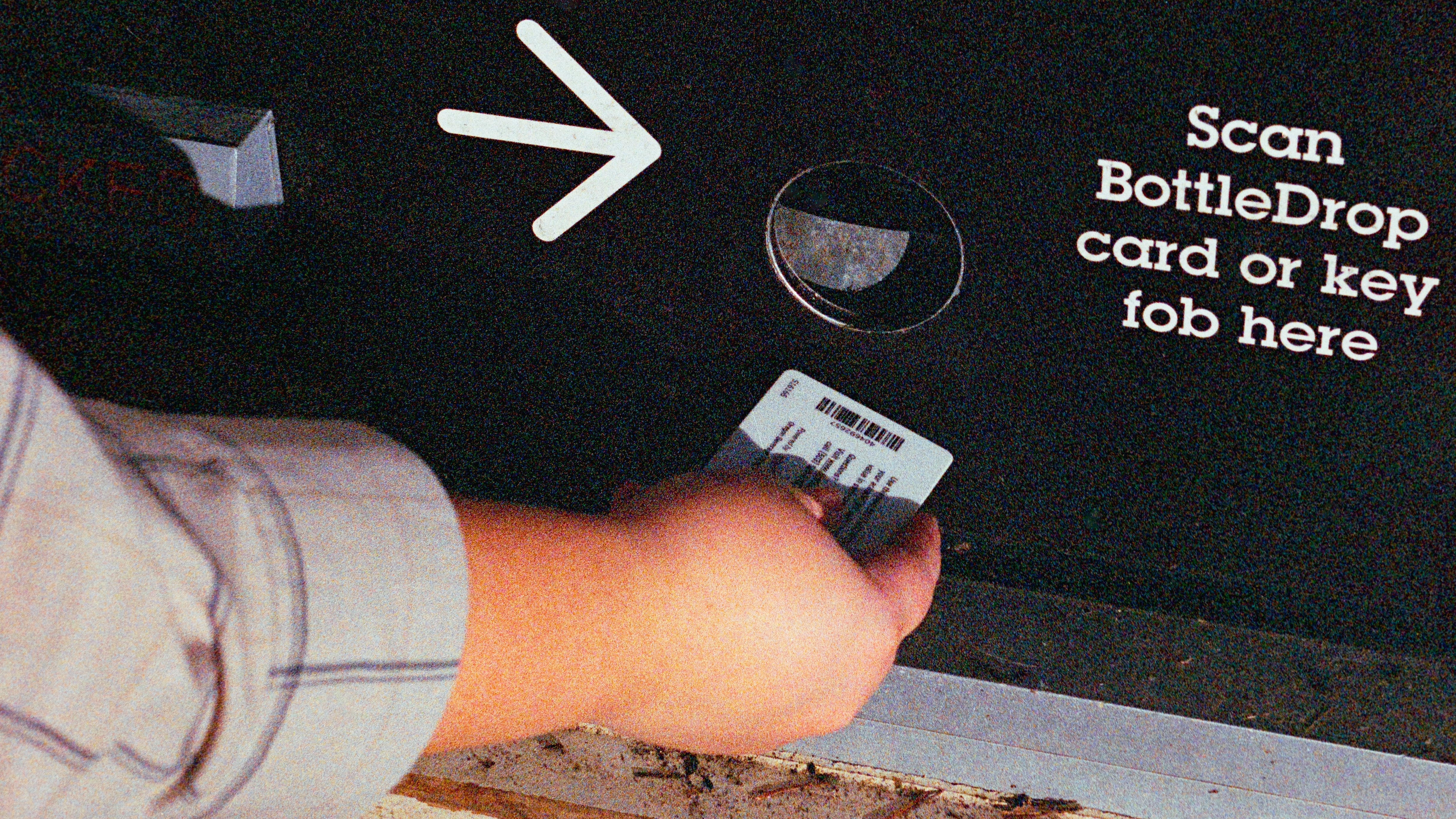Lawmakers meet in Salem this month, and they will face a tough question about one of the final frontiers for the Bottle Bill: wine.
Wine bottles are conspicuously absent from the Bottle Bill in Oregon (although not in some other states). And because of a law passed in 2021, the wine industry has until July 1, 2025, to decide whether to join the Bottle Bill or be responsible for the cost of recycling or disposing of wine bottles itself.
While two years have passed, the conversation hasn’t progressed much.
The biggest wine sellers in Oregon are California wineries, represented by a trade group called the Wine Institute. The California Legislature included wine (and liquor) in that state’s bottle bill as of Jan. 1, 2024, so the Wine Institute said its members would prefer to become part of Oregon’s Bottle Bill rather than risk the uncertainty of doing it themselves.
But Oregon’s two homegrown wine groups, the Oregon Winegrowers Association and Oregon Wine Council, have been less decisive. They want more information about the costs of dealing with bottles themselves under the new law, called extended producer responsibility, or EPR. The Oregon Department of Environmental Quality, which will oversee the EPR program, says preliminary figures should be available March 31.
Another party, large grocery stores, wants nothing to do with empty wine bottles, which are heavy, take up a lot of space, and can smell bad.
“Our grocery retail members will oppose any bill that requires retailers to take back wine bottles,” says Amanda Dalton, CEO of the Northwest Grocery Association. “Grocers are already struggling to maintain bottle rooms and take-back for cans.”
And the Oregon Beverage Recycling Cooperative, the co-op of beverage distributors that accepts cans and bottles for recycling, is unenthused about having to truck a heavy commodity with little scrap value from all over the state to its Clackamas processing center.
“We are currently testing our operational system to fully understand any potential consumer impacts,” OBRC spokesman Eric Chambers says. “If the expanded presence of large glass causes our mechanized processing equipment to frequently fail, we need to know that because it could result in delays in getting consumers their refunds.”
Lawmakers will hear two ideas in the current session that began Feb. 5. A bill, authored by Rep. Anna Scharf (R-Amity), would give the winemakers a year’s grace: They wouldn’t have to decide whether to join the Bottle Bill or the new EPR system until July 2026. The other idea, pushed by state Sen. Janeen Sollman (D-Hillsboro), would convene the involved players for a workgroup to force a decision by the existing July 2025 deadline.

